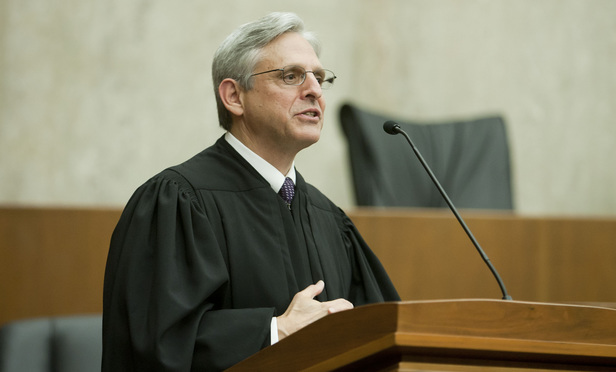We have already condemned the Republicans in the Senate for refusing to give Chief Judge Garland a hearing on his nomination to the U.S. Supreme Court. We stand on that condemnation. But since we appear to be stuck with an eight-justice court until next year, we have some observations on the subject to while away the time.
First observation: Connecticut and many other states have no problem avoiding a tie vote: the high courts bring up a lower court judge, either before oral argument or afterward if a tie arises. To avoid favoritism, the Connecticut Supreme Court has an automatic rotation system in calling up an Appellate Court judge after oral argument whenever a tie arises. In addition, Senior Justice Vertefeuille is regularly called in before oral argument if a justice is disqualified. In Kerrigan v. Commissioner of Public Health, the gay marriage case, Appellate Court Judge Harper filled in for a disqualified justice at oral argument and was the tiebreaking vote. We are aware of no grumbling at the time from the press about the composition of the court on such an important case.
This content has been archived. It is available through our partners, LexisNexis® and Bloomberg Law.
To view this content, please continue to their sites.
Not a Lexis Subscriber?
Subscribe Now
Not a Bloomberg Law Subscriber?
Subscribe Now
LexisNexis® and Bloomberg Law are third party online distributors of the broad collection of current and archived versions of ALM's legal news publications. LexisNexis® and Bloomberg Law customers are able to access and use ALM's content, including content from the National Law Journal, The American Lawyer, Legaltech News, The New York Law Journal, and Corporate Counsel, as well as other sources of legal information.
For questions call 1-877-256-2472 or contact us at [email protected]



